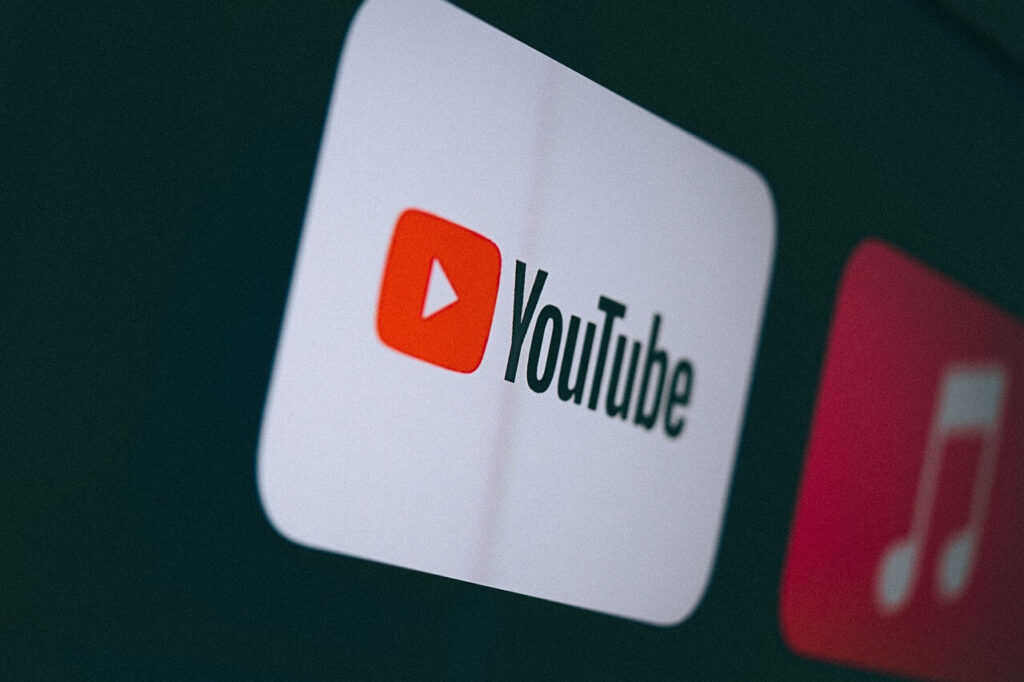Key Takeaways
– Google’s market share fell below 90% for the first time since 2015.
– Rising competition and regional variations are significant factors.
– User preferences are tilting towards alternatives for better privacy and user experience.
For the first time since 2015, Google’s search engine market share has slipped below the 90% threshold, coming in at 89.34% in October and fluctuating slightly in November and December. This is a landmark moment in the world of online search.
Recent numbers highlight a slow but noticeable shift, with Bing and other alternative platforms gaining traction. This trend signals important changes for businesses relying on search-driven traffic.
Reasons for Google’s Decline
1. Increased Competition
Microsoft’s Bing, benefiting from its integration with AI technologies like ChatGPT, is capturing a bigger slice of the pie. Users are increasingly experimenting with Bing, leading to increased market share. This uptick in interest suggests that alternatives to Google are becoming attractive options for users.
2. User Experience and Algorithm Changes
Google’s recent algorithm tweaks have caused frustration among users, particularly affecting smaller websites and blogs whose visibility decreased. Instead of maximizing exposure for smaller entities, the changes often prioritize larger, more established brands. This is causing some users to explore alternatives that offer more equitable content visibility.
3. Regional Variations in Market Share
Google’s dip in market share is more pronounced in regions like Asia. This regional disparity influences its overall market position and presents both challenges and opportunities for different markets.
4. User Behavior Trends
Rising awareness of data privacy issues is driving users toward search engines emphasizing privacy and a different user experience. This shift in preferences affects Google’s dominance.
Implications of Google’s Market Share Decline
Market Dynamics
The competitive dynamics are changing as competitors gain ground. This could alter future market landscapes significantly.
Content Creation Landscape
Smaller blogs are struggling with reduced visibility with the dominance of well-known brands on platforms like Google. This situation might facilitate the rise of alternative search engines where diverse content thrives.
Strategic Adjustments by Google
Google may need to rethink its strategies to maintain its lead, especially regarding algorithms and user satisfaction.
FAQs About Google’s Market Share
Why Did Google’s Market Share Fall?
Increased competition, algorithm changes, and shifting user preferences towards privacy-focused alternatives like Bing have all contributed to the decline.
How Does This Affect B2B Marketers?
B2B marketers need to diversify strategies and consider optimizing for other search engines as new opportunities emerge.
Will Google Regain Its Market Share Above 90%?
It’s uncertain but plausible if Google addresses user concerns and adjusts its strategies effectively.



